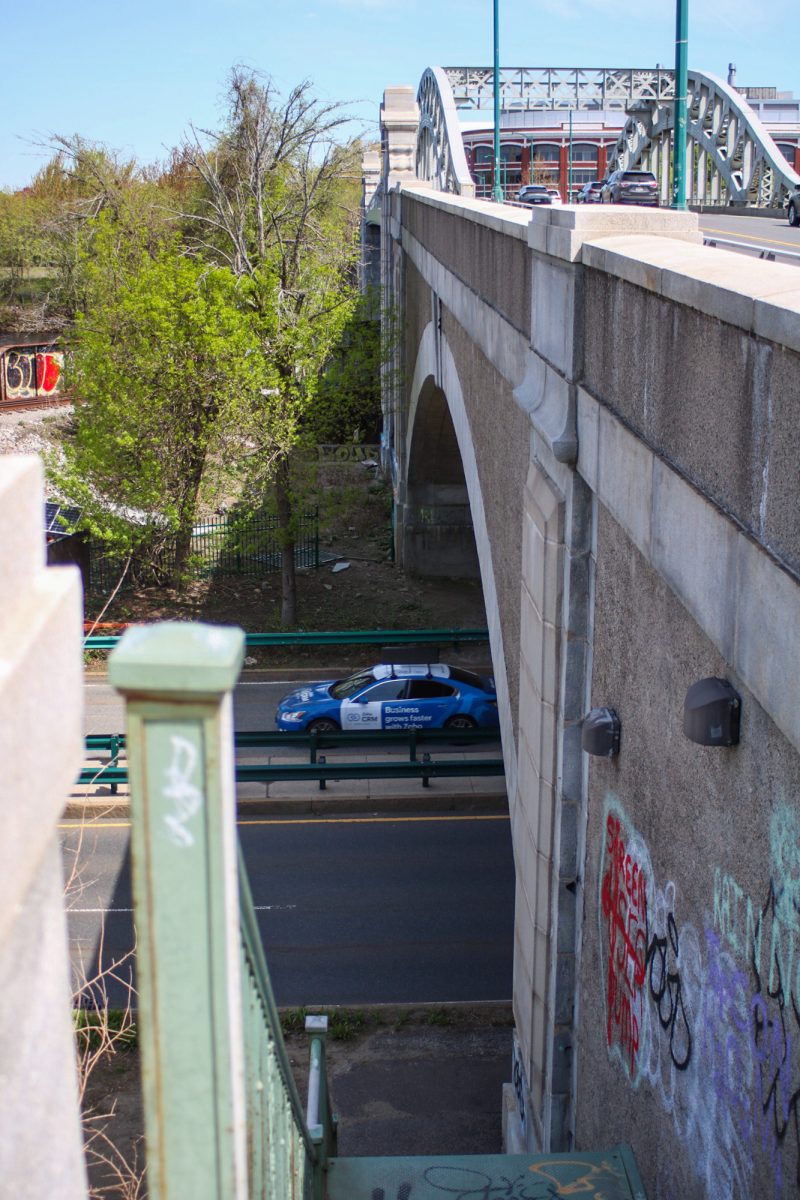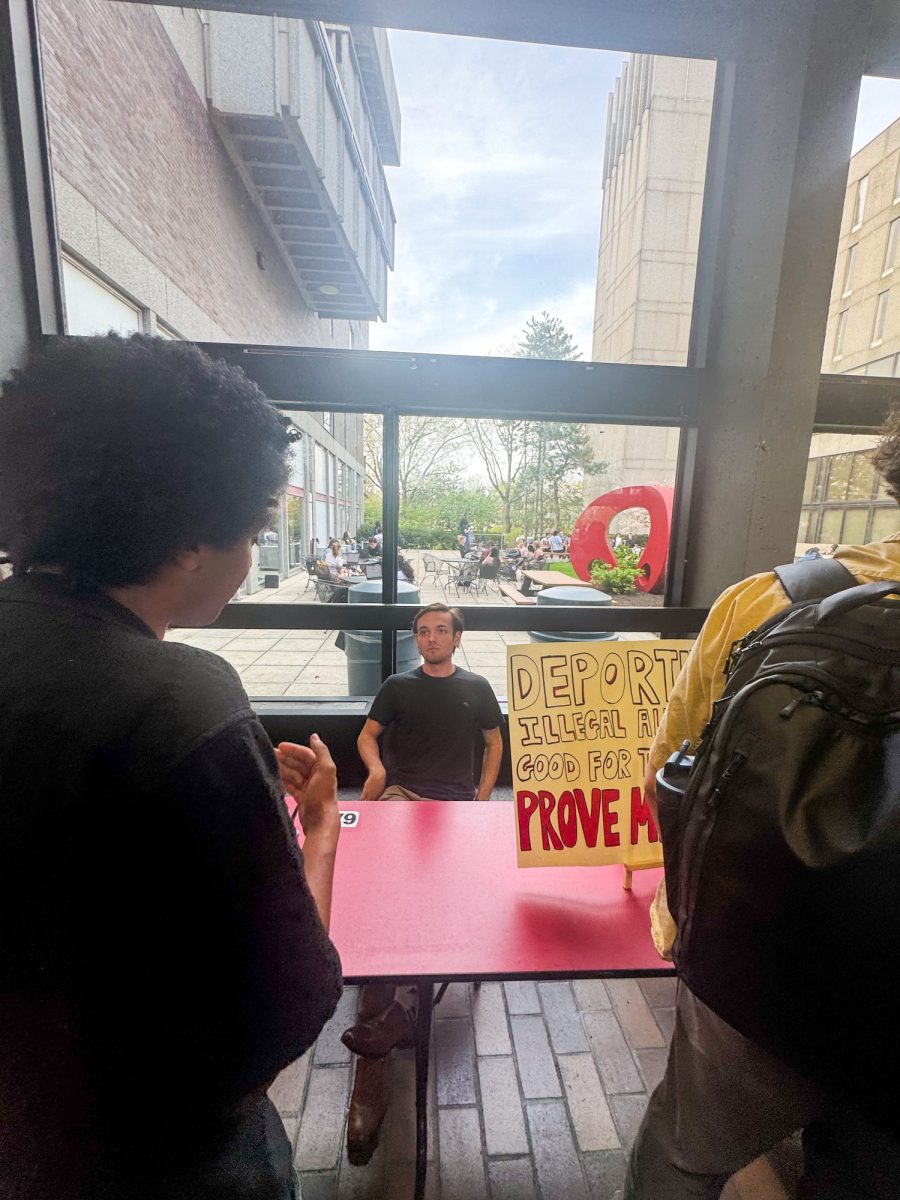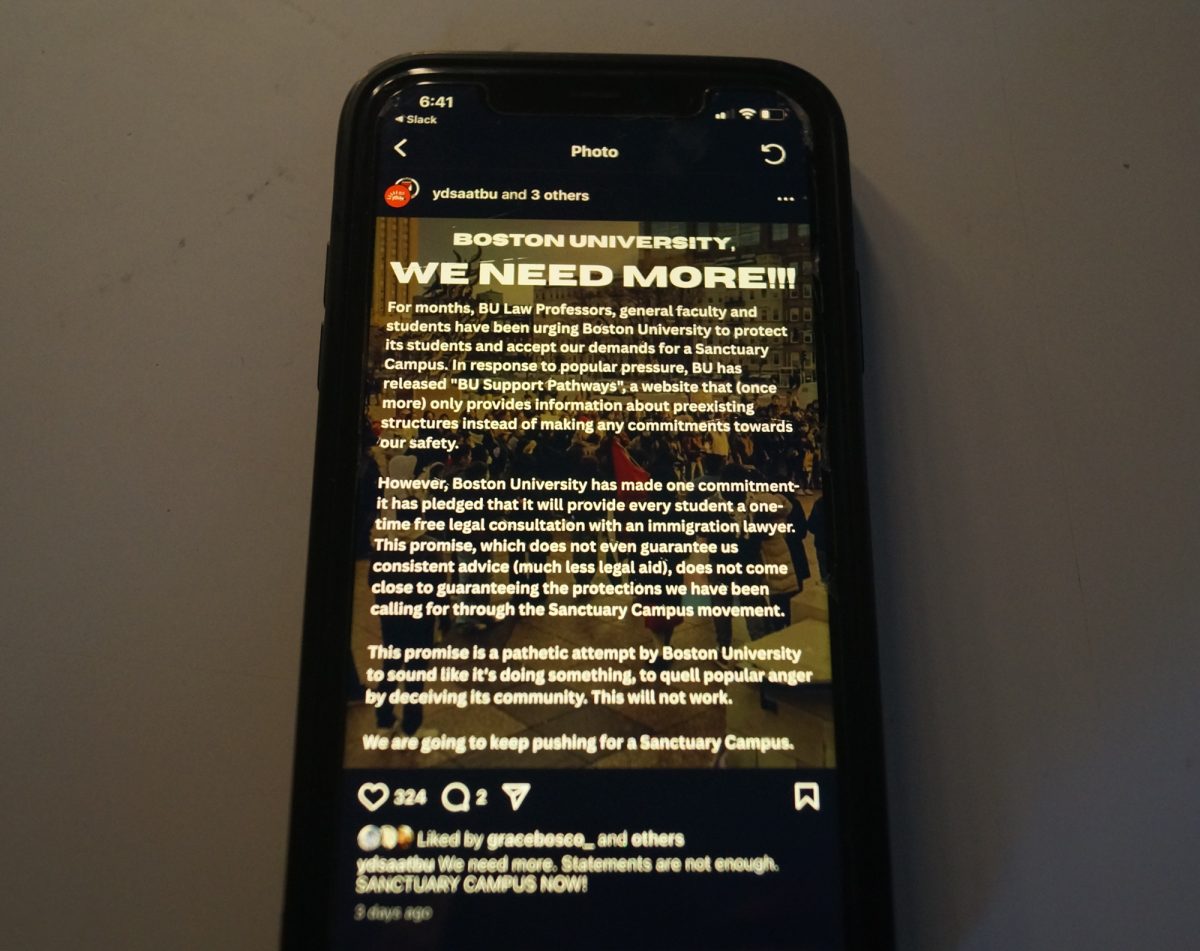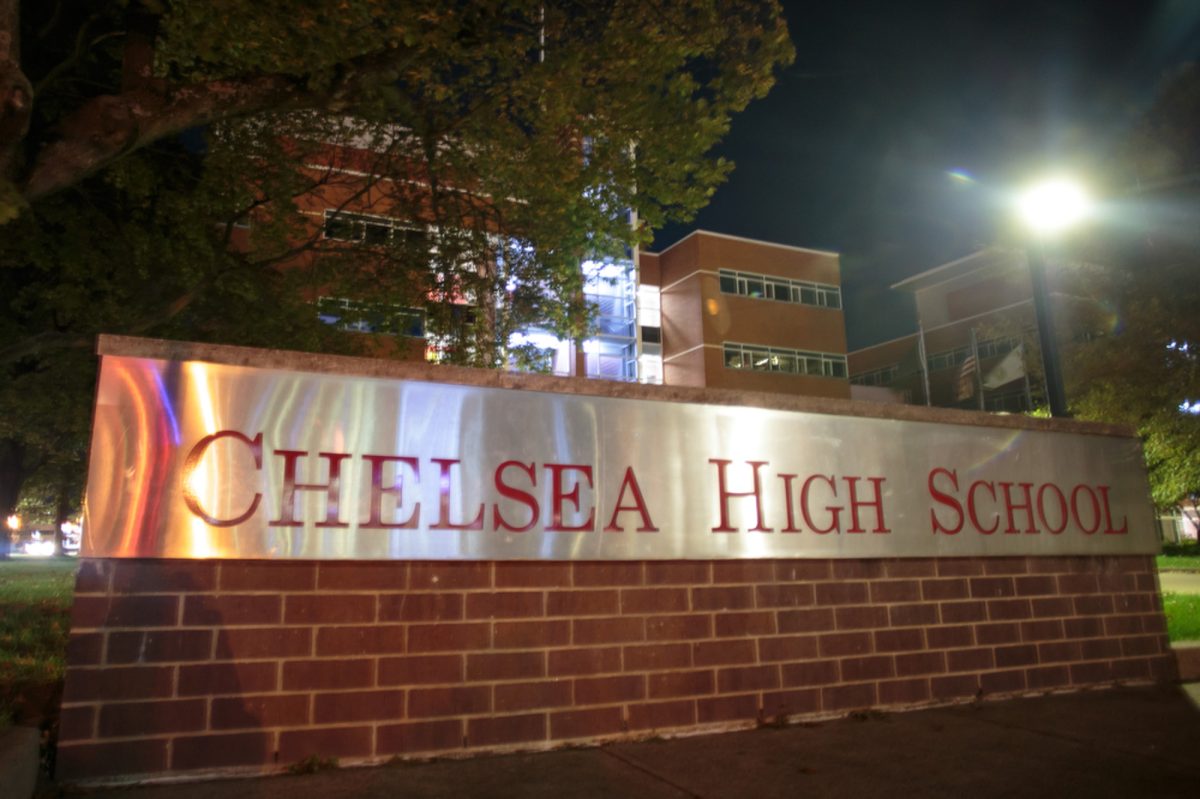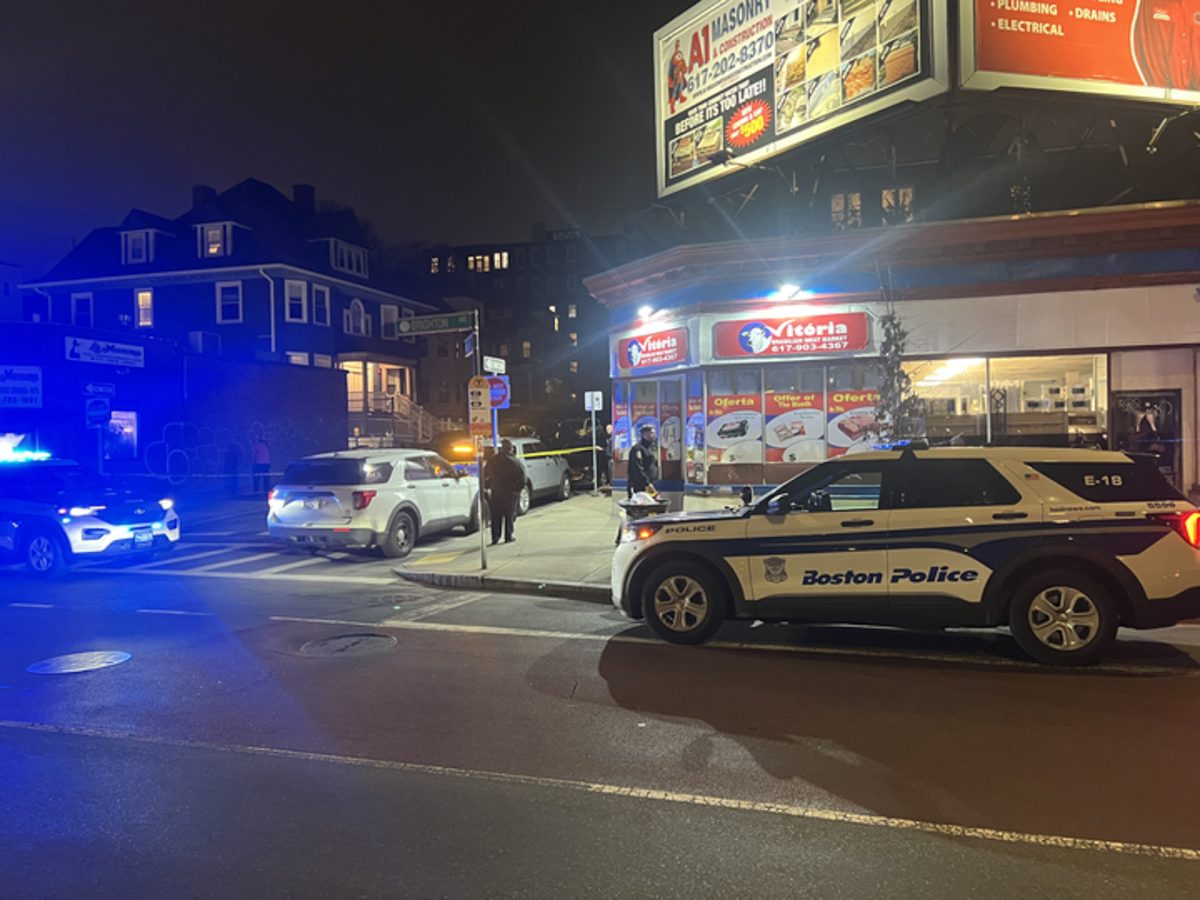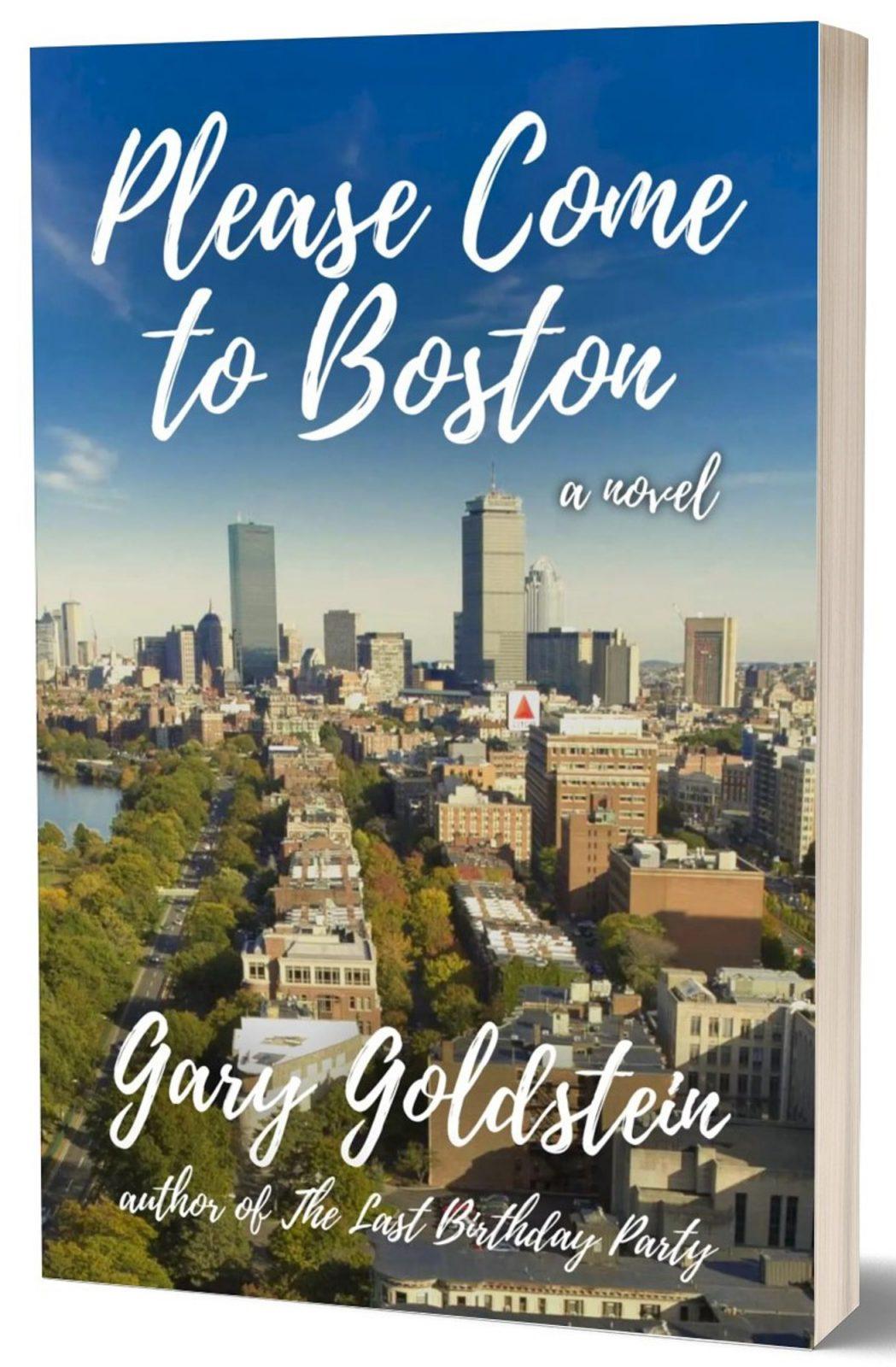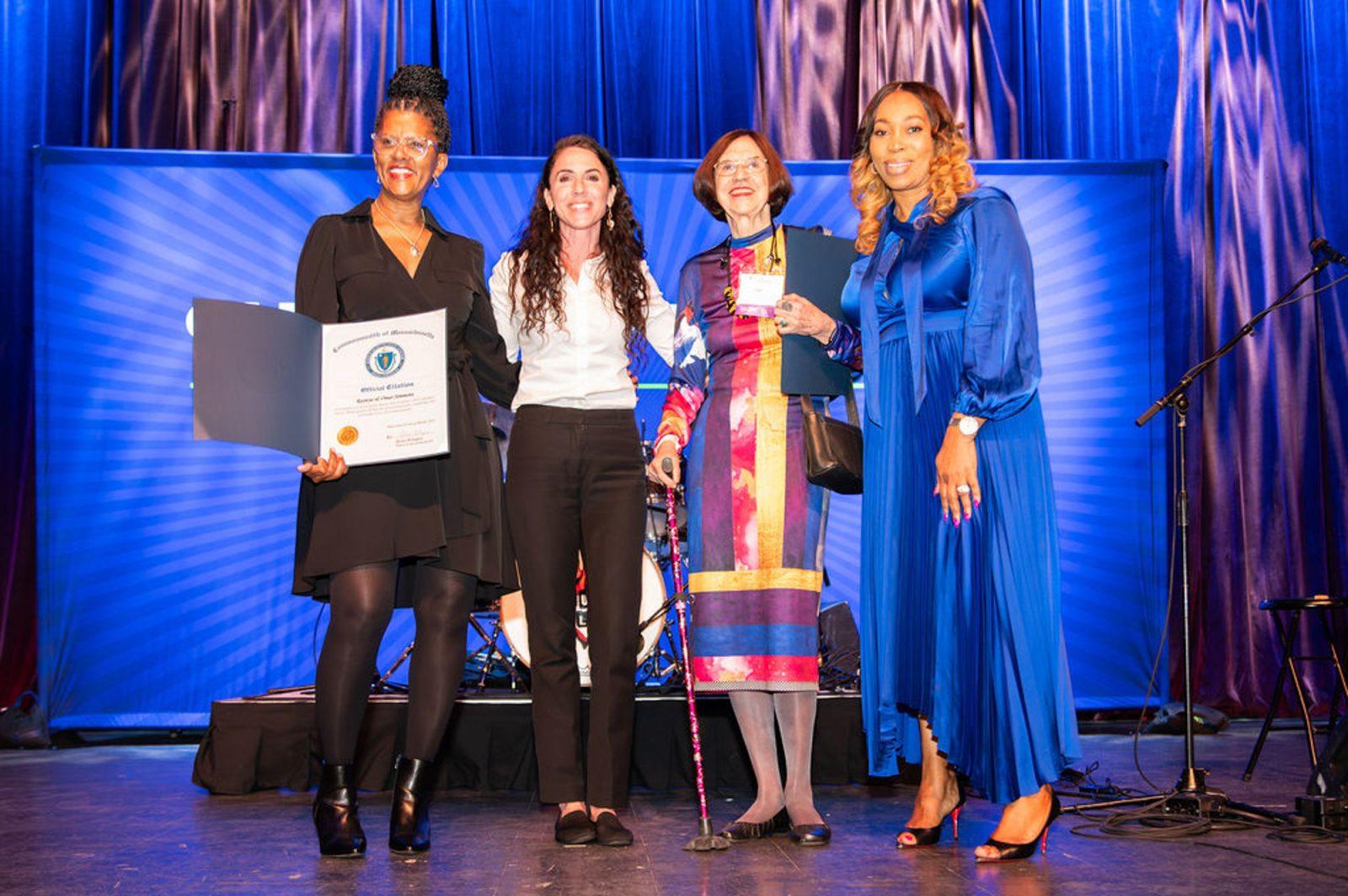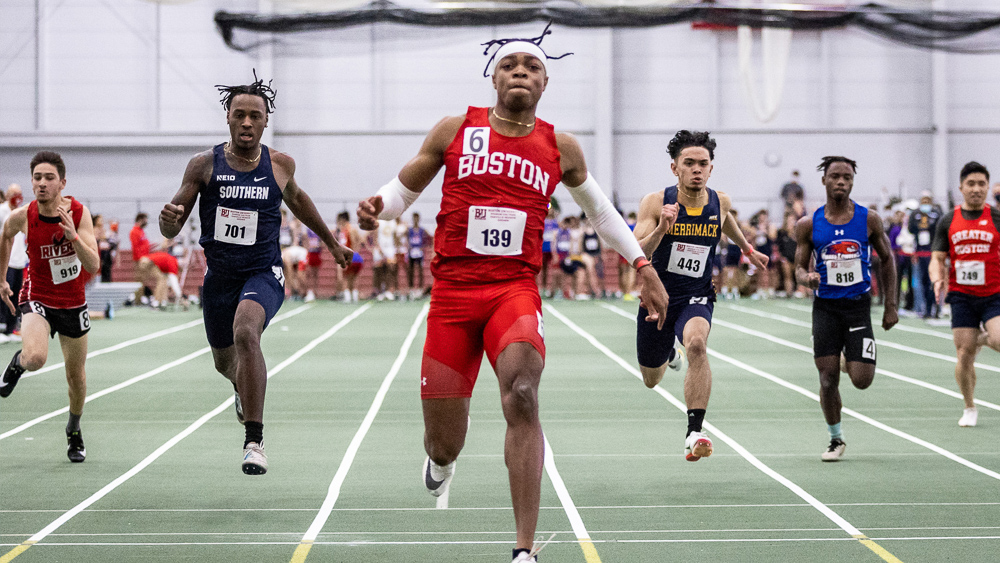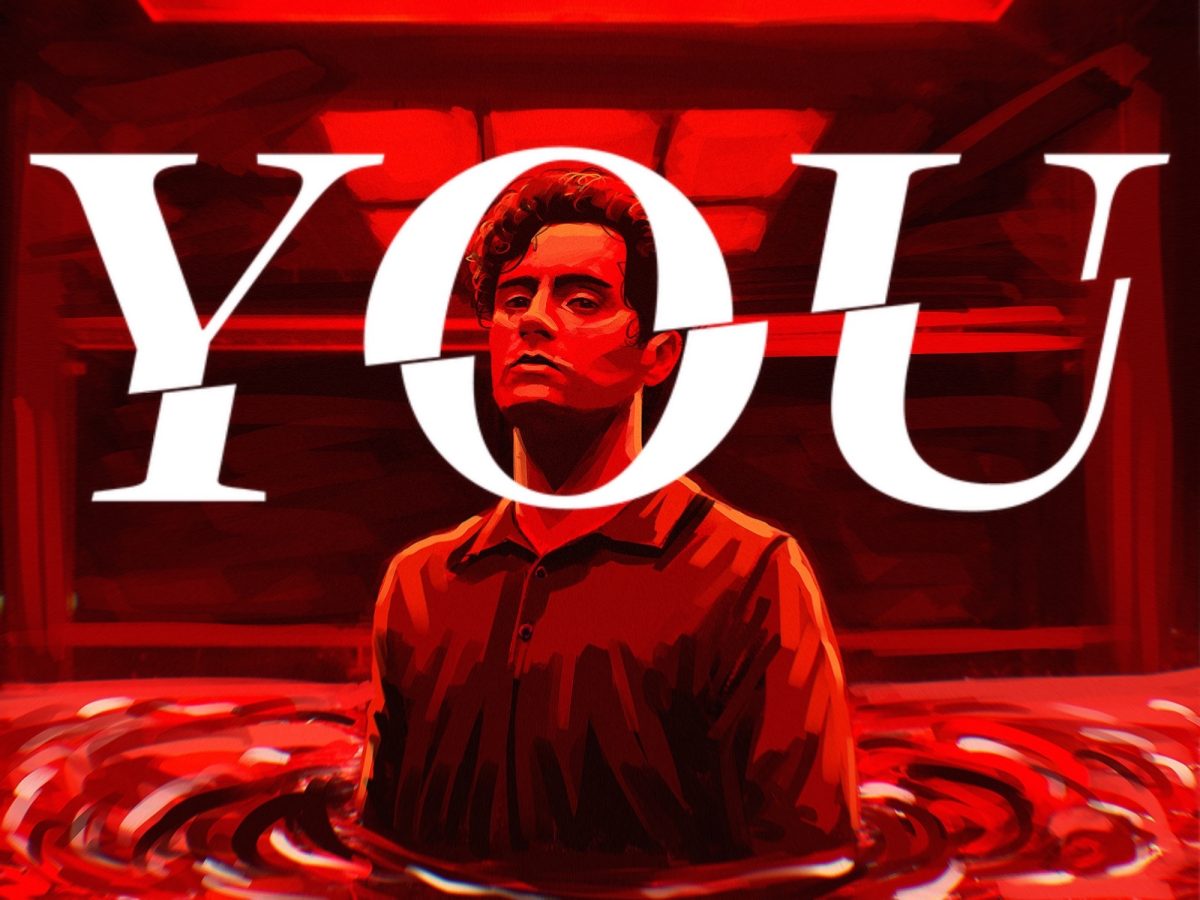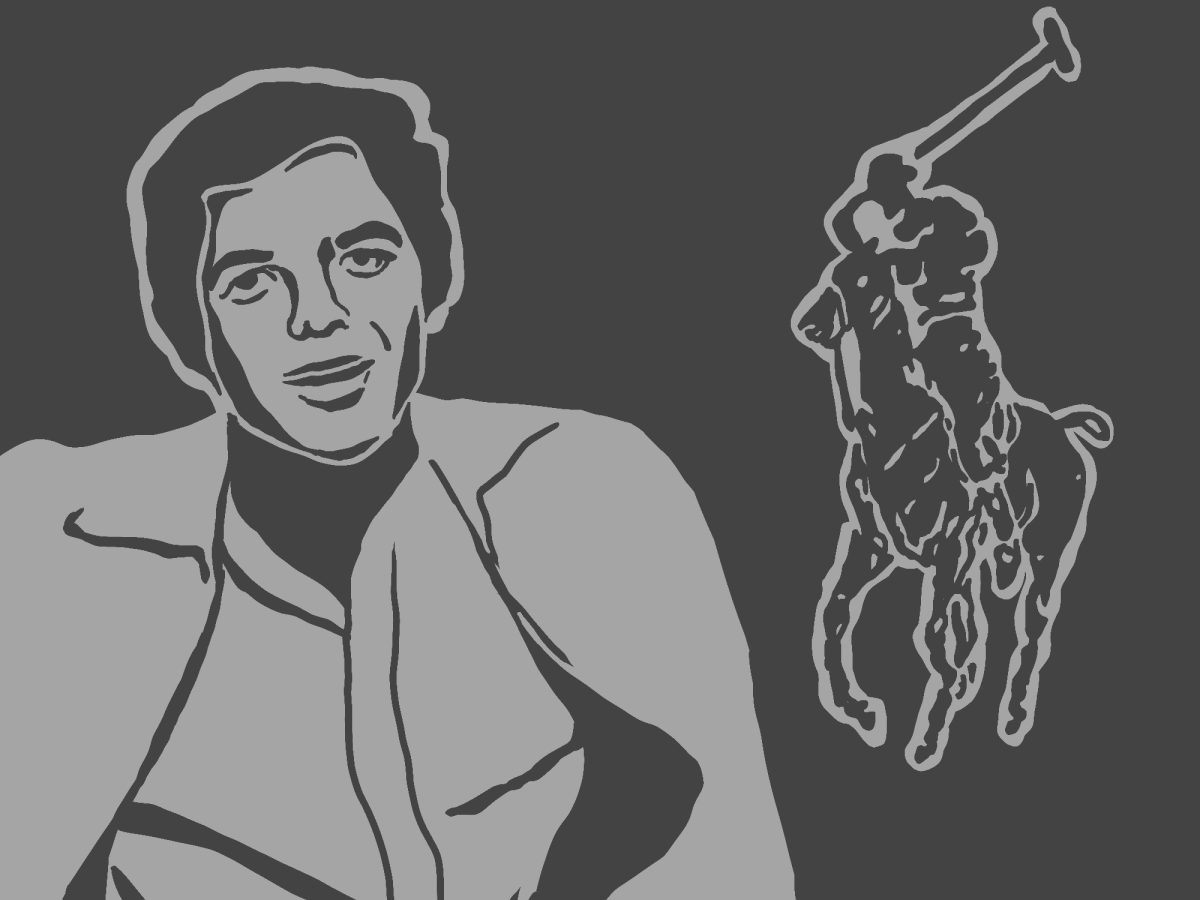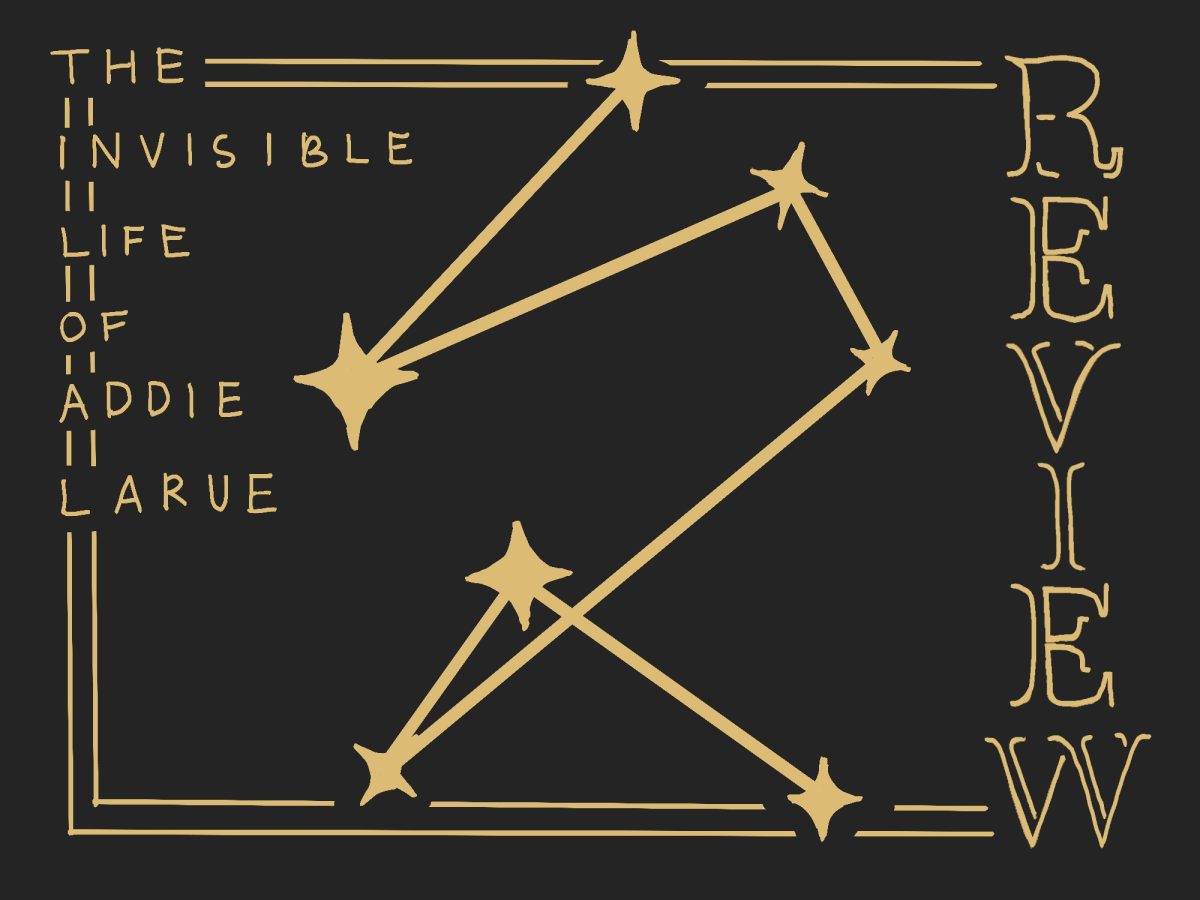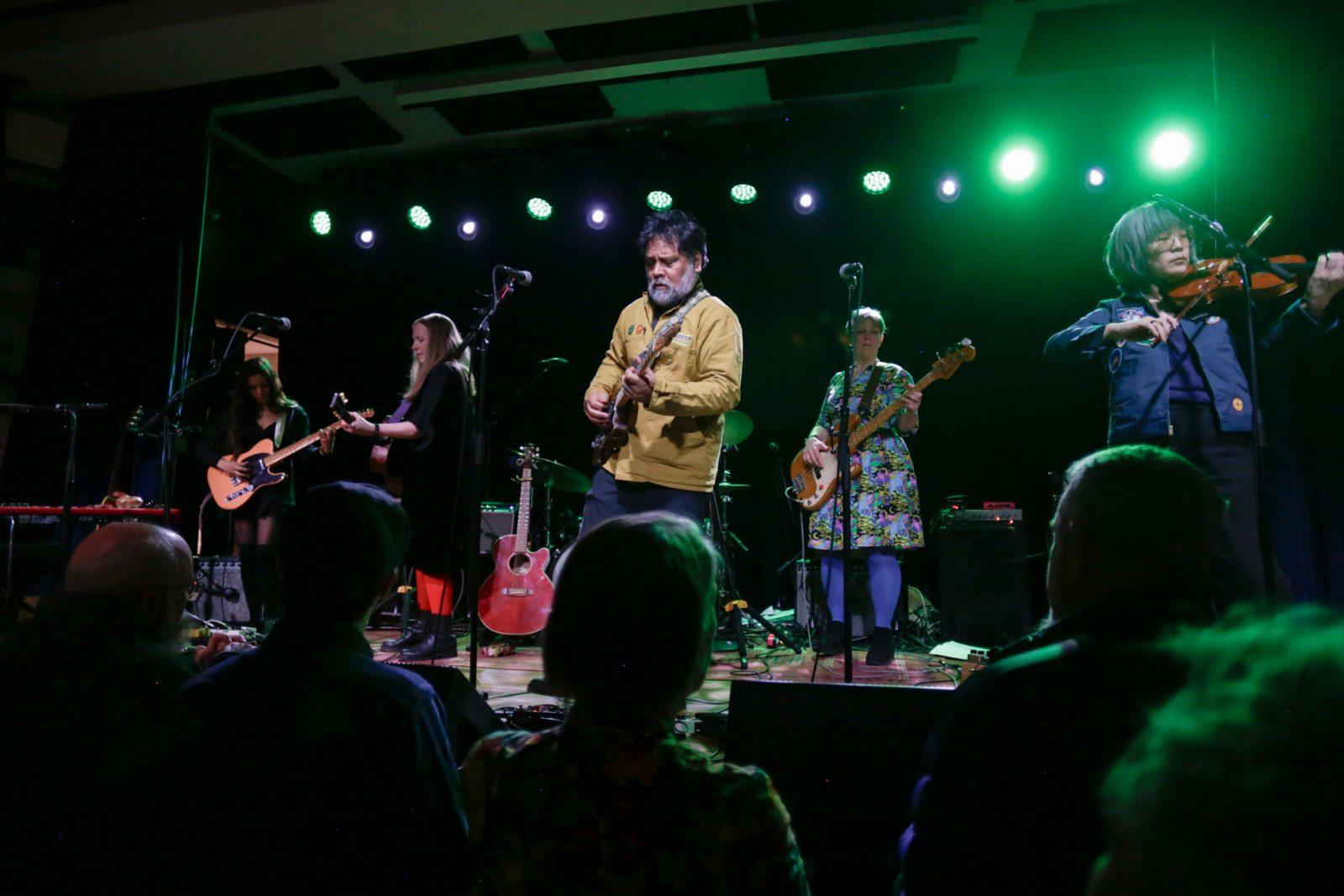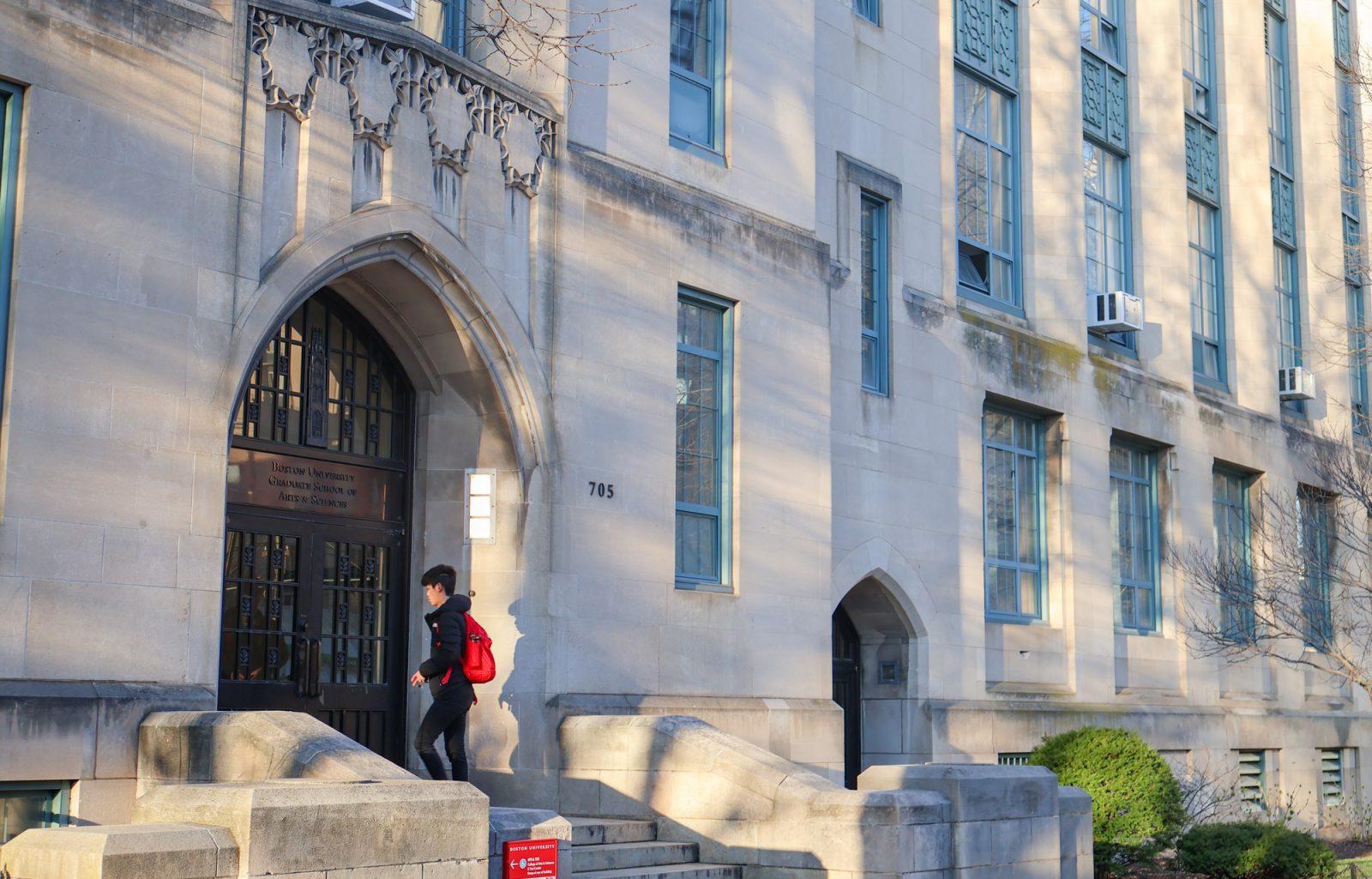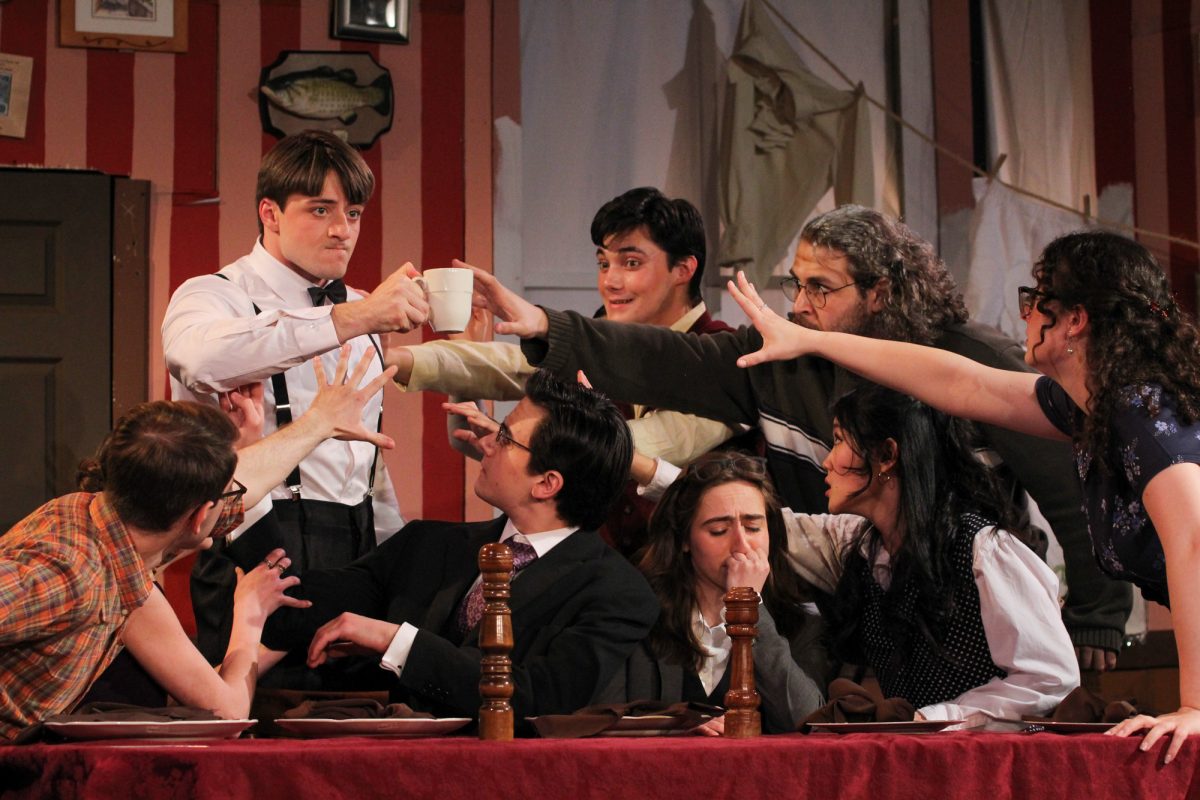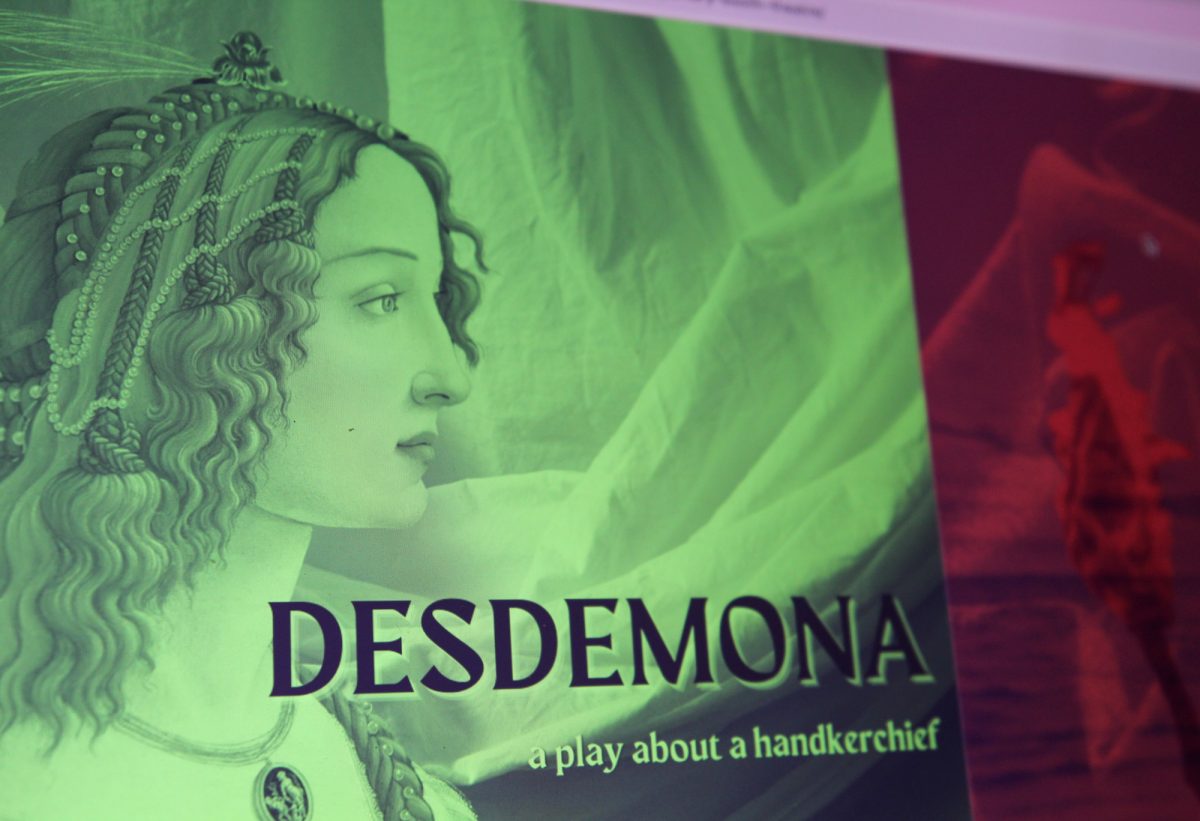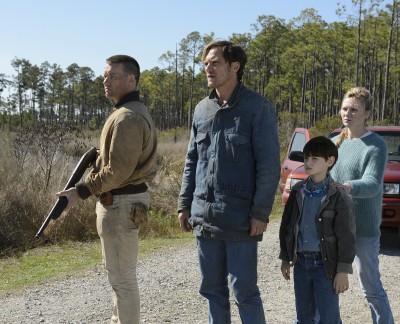
For years, the sci-fi genre has both suffered and succeeded in the hands of exorbitant directors, releasing films riddled with increasingly convoluted plots and glaring lens flares (sorry, J.J. Abrams). The emergence of “Midnight Special,” however, has taken the frivolous effects that have trademarked this genre and instead delivered them as an ode to the past in the form of a humble, nostalgic film.
“Midnight Special” follows a father’s journey to protect his son, Alton (Jaeden Lieberher), who is exhibiting unexplainable and supernatural powers, from a fearful society. Escaping the cultish holds of their religious community, Roy (Michael Shannon) takes Alton on a daring escape to the southern coasts of America in a race to find answers before time escapes from them.
The film initially presented intrigue not for its glamour of cinematic effect, but rather for its lack thereof. Boasting the comeback of Kirsten Dunst and the prolonged debut of “Star Wars: Episode VII – The Force Awakens” lead Adam Driver, the diverse cast seemed to offer an interesting dynamic in a film based entirely on emotion — something wildly unprecedented for this genre.
Contrary to what the trailer implies, this isn’t just any typical film about aliens or saving the human race. Instead, this movie centers itself around Alton’s ability to inspire both hope and fear through his own existence in a painfully human world, thus playing on the delicate balance between religious fervor and societal fear.
The actual action of the movie is intense when given but also used sparingly in terms of what is expected from sci-fi films. Rather than follow the action-filled mold of success set forth by the past reigning giants of the genre, director Jeff Nichols uses elements of fiction to emphasize the humanistic, primal bond between parent and child.
“Midnight Special” ignored thematic norms in favor of a flattering use of subtlety.
Throughout the film’s entirety, Nichols uses the idea of ambiguity to tell a story. The audience is left with many unanswered questions, as the film is void of any obvious clues that would give away what the viewer should be taking from his directing style.
Even Alton’s powers, around which the film’s conflict is based, are mysteriously left to the imagination for the majority of the film, offering only moments of short clarity during his supernatural episodes. Rather than focusing on his powers, it was interesting to see the focal point shift to how they defined the relationships he had with the people around him.
With a film like this, it’s almost expected to be brought to tears by a long, drawn monologue concerning love and familial bonds. And yet, Nichols achieves the same, if not a more powerful, evocation of heartbreak and sympathy through sparing dialogue and skilled cold shots. Unlike many filmmakers in this respect, Nichols succeeds in utilizing the nuances of facial cues and intangible emotion to tell this story.
Likewise, the combination of Driver’s analytical character Paul Sevier and Alton’s innocent naivety culminated in lighter moments that tipped the balance of anxiety presented throughout. In comparison to the constant high intensity of the scenes and the stakes presented, the occasional moments of comic relief were pivotal in exposing the film’s volatile relationship between laughter and tension.
Still, even these moments were overshadowed by the stress of the vague yet impending climax that was sure to come.
Though lacking the luster of modern cinematic expectation, “Midnight Special” holds its own as homage to the classics that built the genre. The feelings formed by relationships on-screen are oddly reminiscent of Spielberg’s “E.T. the Extra-Terrestrial,” while the looming sense of conspiracy screams volumes of “Close Encounters of the Third Kind.”
In the end, “Midnight Special” proved to diminish the preconceived notions that had accompanied the film’s debut. Unexpectedly, the cast and director worked to created a vaguely science fiction film that was soulful and powerful in a way that hasn’t been touched since the days of classic film, proving to us once again that it doesn’t take special effects to create a film of emotional and cinematic grandeur.



